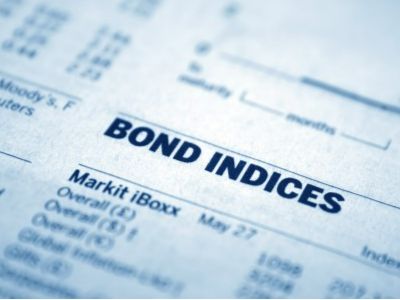Dah Sing Bank: There may be signs of overheating in the short-term Hong Kong stock market. Investors need to be alert to profit-taking.
2024-10-04 17:03
Chen Jianbin, the head of investment management department of Tai Sin Bank (02356), expressed that the recent strong rebound in Hong Kong stocks, with the Hang Seng Index rising for several consecutive days, is mainly due to the stimulus policies of the Chinese government.
The investment manager Chen Jianbin of Dah Sing Bank (02356) Investment Management Service Department expressed that the Hong Kong stock market has recently rebounded strongly, with the Hang Seng Index rising continuously, mainly benefiting from the Chinese government's stimulus economic policies. However, signs of overheating may have appeared in the market in the short term, and investors need to be cautious of the volatility that may be triggered by profit-taking.
Reviewing historical data, the Hang Seng Index rose by 17.45% in just-passed September, marking the seventh largest monthly gain since 1990. Analyzing the trends after nine similar significant increases in the past, it was found that the gains and losses were roughly evenly split after one month and three months. However, a downward trend became apparent after six months, accounting for six instances. Among them, three instances showed a moderate decline (-0.6% to -4.3%), while the other three instances showed a larger decline.
It is worth noting that these three major declines all had common features: 1) the Hang Seng Index was at or near historical highs; 2) it was accompanied by financial storms in Asia and globally or the beginning of a sudden interest rate hike cycle. In the event of a financial crisis (such as in 1993, 1998, 2007), the average decline six months later was 26.9%. In the absence of major black swan events, the average increase was 6.8%.
Currently, the Hang Seng Index is in the middle of the cycle and is still quite far from its historical high of 33,484 points, not meeting the first condition. In addition, the United States has entered an interest rate cut cycle, and China has also implemented a loose monetary policy, reducing the possibility of a financial storm outbreak. According to reports from major investment banks, the proportion of international large funds holding Chinese stocks is around 5%, much lower than the around 15% in 2020, showing a clear underweight status.
With the improvement of the investment atmosphere, these large funds may increase their holdings of Hong Kong stocks, providing strong support for the market. Therefore, the outlook for the Hong Kong stock market still leans towards optimism, but volatility may be significant. Investors with the same view who want to control risk can consider purchasing stocks linked to products with deeper discounts, which can not only earn decent returns but also have the opportunity to enter at a lower price to effectively manage volatility risks.
RECOMMEND

AMAC: In January, 137 new asset-backed special plans were filed, with a total scale of 1122.64 billion yuan.
26/02/2025

Schroder Investment: Investors should consider allocating funds to securitized credit and insurance-linked securities.
26/02/2025

Reuss County Asset Annual Reflection: Policy Tipping Point is very clear. The semiconductor industry in 2025 is a game for the brave.
26/02/2025


